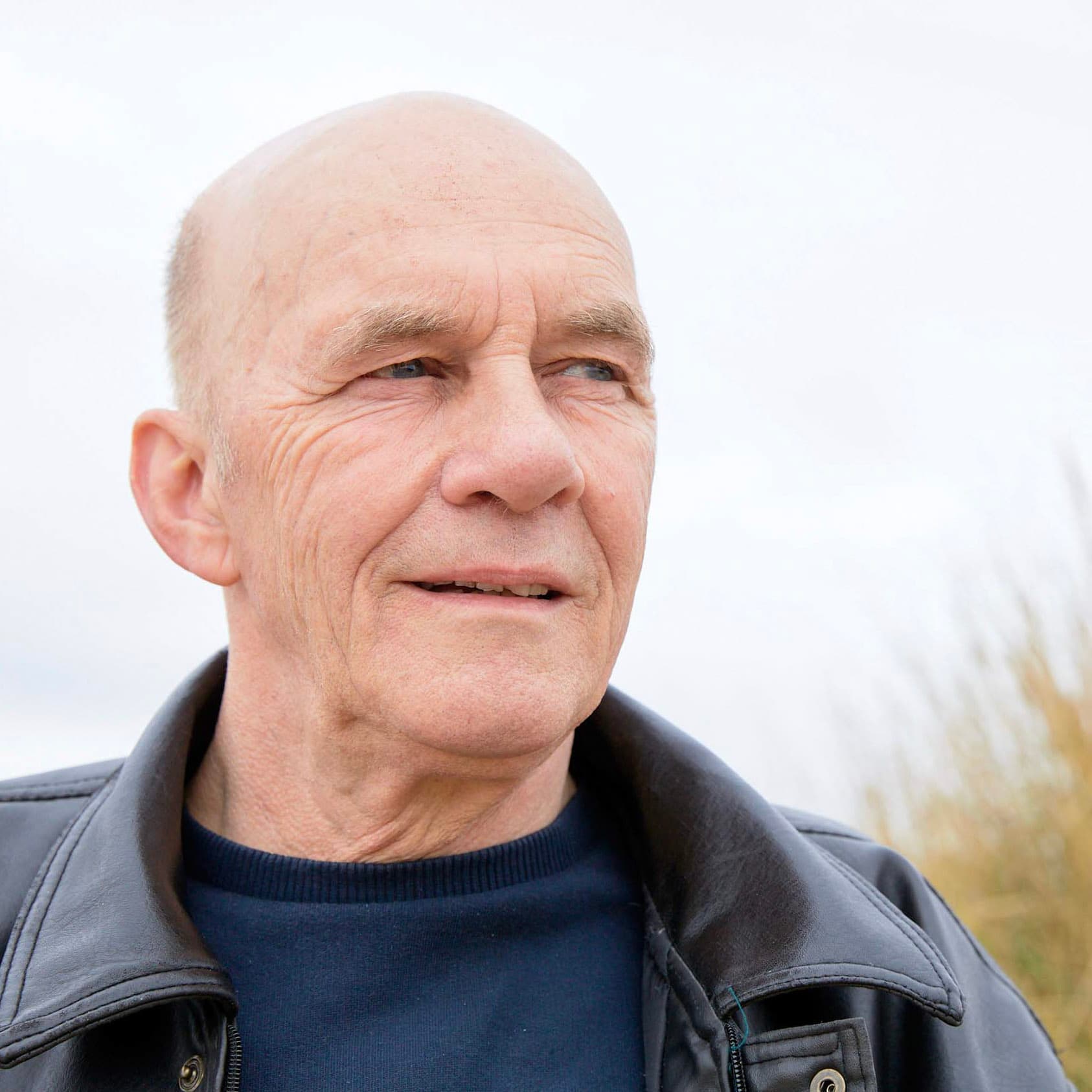
Our clinical trials recruit around 20,000 patients on average every year. Clinical trials are vital for developing new treatments, making sure they are safe and better than current ones. Below are some examples of what our researchers are doing right now.
Professor Pam Kearns is Director of the Cancer Research UK Clinical Trials Unit (CRCTU) in Birmingham. The unit coordinates clinical trials across the UK to find new, better and kinder ways to treat the different cancers that affect children and young people. As part of their work, the CRCTU works with scientists across the world to develop these new trials and treatments.
In Birmingham, Professor Gary Middleton is leading the National Lung Matrix Trial. It’s testing new treatments for non-small cell lung cancer that are targeted to specific genetic faults in tumours. The trial has a flexible design, meaning patients who are participating have access to new treatments as they’re developed. These treatments will be matched to the specific genetic faults in their tumours.
Learn more about the National Lung Matrix Trial
In Cambridge, Professor Rebecca Fitzgerald is running a trial called BEST4. The trial will explore if the Cytosponge, a ‘sponge-on-a-string' test for Barrett’s oesophagus developed by Fitzgerald, can prevent deaths from oesophageal cancer when offered as a screening test to people on long-term medication for heartburn – one of the most common Barrett’s oesophagus symptoms.
It will also investigate if the Cytosponge, coupled with additional lab biomarker tests, can be used to monitor people already diagnosed with Barrett’s oesophagus instead of endoscopy, an invasive hospital procedure.
Find out more about Cytosponge
Most people with cervical cancer that has started to spread beyond the cervix are treated with a combination of chemotherapy and radiotherapy at the same time. Dr Mary McCormack, in London, is leading a trial called INTERLACE to see if providing high doses of chemotherapy to reduce the size of the tumour, before the standard chemoradiotherapy treatment, could improve outcomes. If shown to be more effective than the existing treatment, this could become the new gold-standard of care for many people with cervical cancer.
Professor Robert Huddart is running a nationwide clinical trial, organised by the Institute of Cancer Research, to investigate whether adding radiotherapy to an immunotherapy drug called atezolizumab improves treatment response in people with urothelial carcinoma that has spread. As immunotherapy is one of the only treatments available for this type of cancer, if radiotherapy increases treatment response it could provide a new option for those who don’t initially respond.
Read more about the RE-ARM trial

Thanks to clinical trials, we've helped find the most effective treatments to treat cancer.

Meet people like Tommy who have experienced first-hand how our research is making a difference. The life-saving research we do wouldn’t be possible without your support.
Read stories from cancer patients
Want to find more information about our research or clinical trials?